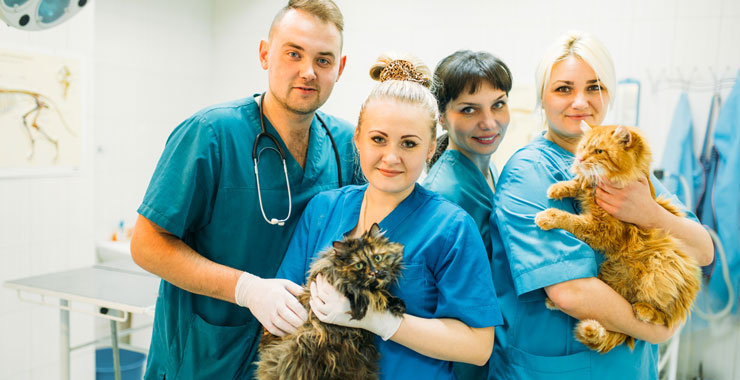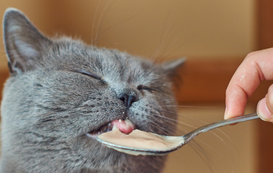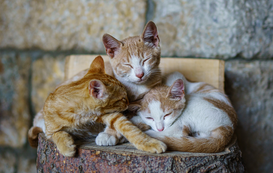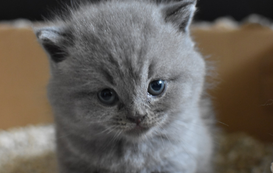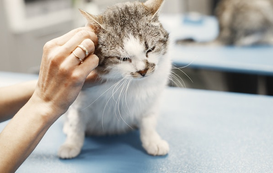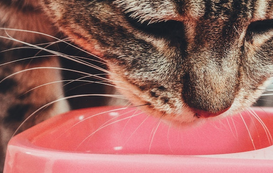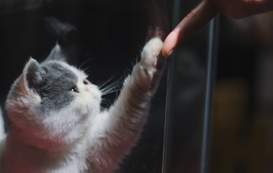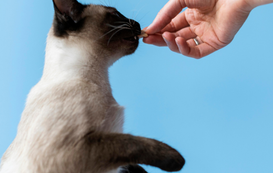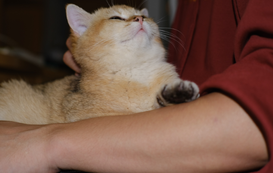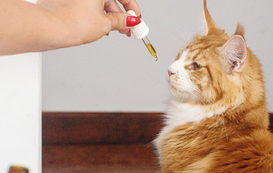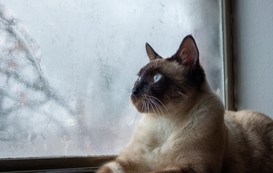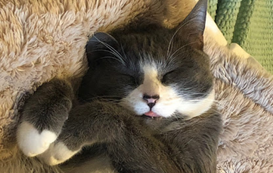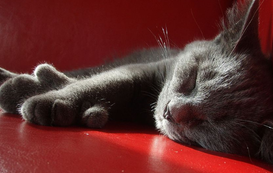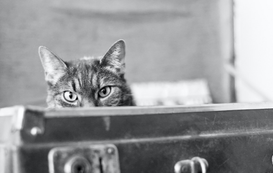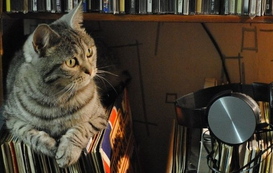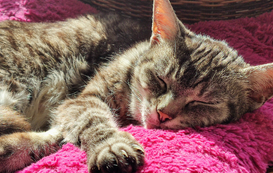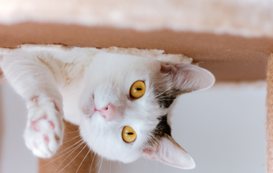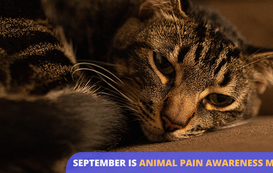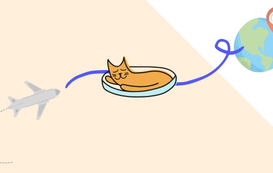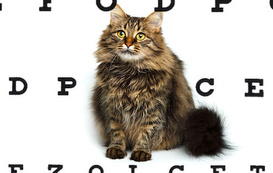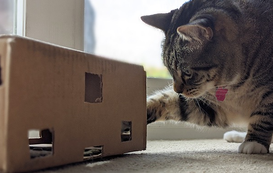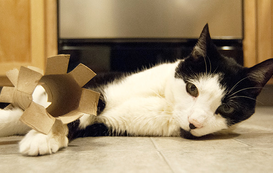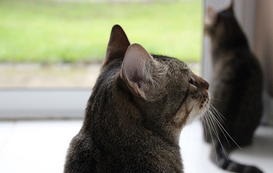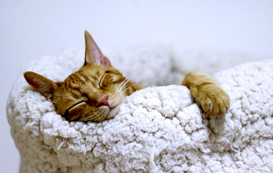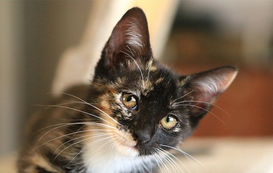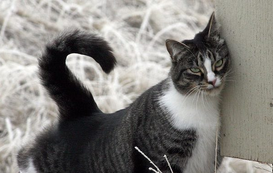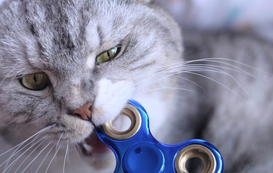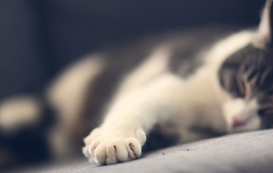Did you know that TV Icon Bob Barker is a huge animal lover and activist? In 1995, Barker founded the DJ&T Foundation, named after Barker's late wife, Dorothy Jo, and his mother, Matilda "Tilly" Valandra. The DJ&T Foundation's mission is to help "fund low cost spay/neuter clinics and voucher programs as a way to help relieve animal overpopulation." Barker used to always sign off every episode of The Price Is Right with his tagline, "Help control the pet population. Have your pets spayed or neutered." He really has made it his life's mission to look out for the betterment of animals.
Barker isn't the only one in the pet community that knows overpopulation is a huge issue. Perhaps that's why the last Tuesday of every February has been dubbed World Spay Day. (If you're anything like me, you may have a hard time remembering what gets done to whom. So, a helpful reminder: females are spayed, and males are neutered.)
Overpopulation:
According to the APPA National Pet Owners Survey by the American Pet Products Association, the 2017-2018 report estimated there were 94.2 million pet cats in the US. 2 (And that's not including cats in shelters or feral cats). There's no concrete way to know how many feral cats are living in the US, but in LA County alone, there are over 2 million. 3
The sad truth is extreme pet overpopulation is a global issue. What does this mean? It means that due to breeding and lack of sterilization, hundreds of thousands of cats are put to sleep annually because there simply are not enough homes for them. According to the ASPCA, approximately 860,000 cats are euthanized every year. 4 However, other sites put it at over 1 million annually. Newborn kittens, seniors, and cats with health issues are the first to be euthanized because the resources needed to keep them healthy and alive are more than the shelters and rescues can provide.
If you live in an area where there are feral cats, do some research and see if there is a local Trap-Neuter-Return (TNR) program in your area. If there isn't, do your research and start one. TNR is the best way to keep community cats from reproducing.
Prime Spay/Neuter Time:
In 2017, the American Veterinary Medical Association (AVMA) endorsed the "Fix by Five" campaign by non-profit Marian's Dream. The Fix by Five program challenges the previous standard of spaying/neutering at six months. Esther Mechler, director of Marian's Dream states that the "optimal" time to fix a kitten is between "2 months and 5 months" as kittens can go into heat as early as 4 months. 5 Mechler recommends to "just build it into your kitten shot series." 5
Health Benefits:
While most of us know that spaying/neutering your cat will help control the pet population, did you know there are other health benefits related to sterilizing your cat?
Spaying your female cat will allow her to live a longer and healthier life. According to the ASPCA, "spaying helps prevent uterine infections and breast tumors, which are malignant or cancerous in about 90 percent of cats. Spaying your pet before her first heat offers the best protection from these diseases." 6 Alternately, neutering your male "prevents testicular cancer and some prostate problems." 6
Behavioral Benefits:
In addition to physical health benefits, there can also be behavioral benefits. Spayed females will not go into heat. The ASPCA states, "while cycles can vary, female felines usually go into heat four to five days every three weeks during breeding season. In an effort to advertise for mates, they'll yowl and urinate more frequently-sometimes all over the house!" 6
Intact male cats tend to spray their territory, whether inside or out, letting everyone know that whatever their pee touches, is theirs. According to Veterinarians Debra Horwitz, DVM and Gary Landsberg, DVM, "Neutering reduces or eliminates spraying in approximately 85% of male cats." 5 Horowitz and Landsberg add, "Male urine odor is particularly strong and pungent. Castration leads to a change to a more normal urine odor. Many owners claim that their intact males become much cleaner, less odorous, and better self-groomers after neutering." 5 Additionally, a neutered male may be less aggressive than an unneutered counterpart.
Myth Busters
Some people believe that spaying/neutering their pets will have adverse reactions such as weight gain. The ASPCA debunks this myth by saying, "spaying or neutering will not cause your pet to become overweight. Lack of exercise and overfeeding will cause your pet to pack on the extra pounds-not neutering. Your pet will remain fit and trim as long as you continue to provide exercise and monitor her food intake." 6
Some people may also believe that neutering your male is a one stop shop cure-all for aggressive behavior. While neutering your male may decrease aggressive behavior because the testosterone production has stopped, it will not change learned behaviors not associated with sexually dimorphic behaviors. Horwitz, DVM and Landsberg, DVM say, "the only behaviors affected by castration are those under the influence of male hormones (these are called sexually dimorphic behaviors). A cat's temperament, training, and personality are the result of genetics and upbringing, and are generally unaffected by the presence or absence of male hormones." 5
What if we sterilize all cats? What will happen?
Maybe you're wondering. "but what happens when we spay all the cats in the world? We won't have any more kittens!" The likelihood of that ever happening is slim to none. But fear not! If you're truly worried that may happen, know that "a pair of cats can produce more than 2 million cats in 8 years!" 7
Spay/neuter surgeries are expensive!
If cost is a concern, remember that keeping a litter of kittens healthy is more expensive than a spay/neuter surgery. It's also exponentially cheaper than taking care of a sick, senior, or special needs cat.
These links from ASPCA and AVMA offer information on low cost spay/neuter programs. Not every area of the country is covered but remember, you have the internet at your fingertips. Do a quick Google search or ask your vet for recommendations. The goal is to help your pet stay happy and healthy.
Meowtel loves kitties, that's purrtty obvious. But we also understand the impact of not sterilizing cats (feral or domestic). We want all kitties to live their best life whether they are cared for by cat sitters on Meowtel or not. So in the words of Bob Barker, "Help control the pet population. Have your pets spayed or neutered."
1. The DJ&T Foundation. (2007).
2. Animal Sheltering. Pets by the numbers. Retrieved from https://www.animalsheltering.org/page/pets-by-the-numbers
3. Kim, Nick Cha. (2019). Over 2 Million Feral Cats Roaming LA County. Retrieved from https://spectrumnews1.com/ca/la-west/news/2019/10/16/over-2-million-feral-cats-roaming-la-county
4. ASPCA. Pet Statistics. Retrieved from https://www.aspca.org/animal-homelessness/shelter-intake-and-surrender/pet-statistics
5. Burns, Katie. (2019). Fix by Five campaign aims to reduce cat overpopulation. Retrieved from https://www.avma.org/javma-news/2019-07-01/fix-five-campaign-aims-reduce-cat-overpopulation
6. ASPCA. Spay/Neuter Your Pet. Retrieved from https://www.aspca.org/pet-care/general-pet-care/spayneuter-your-pet
7. The Cat Site. (2016). Will Cats Become Extinct If We Spay/neuter All Of Them? Retrieved from https://thecatsite.com/c/will-cats-become-extinct-if-we-spay-neuter-all-of-them/
Photo via Envato
Ready to find the purrfect sitter for your feline friend? Find a cat sitter on Meowtel today!

